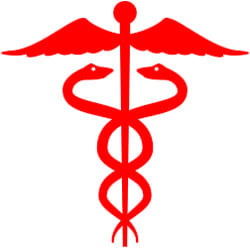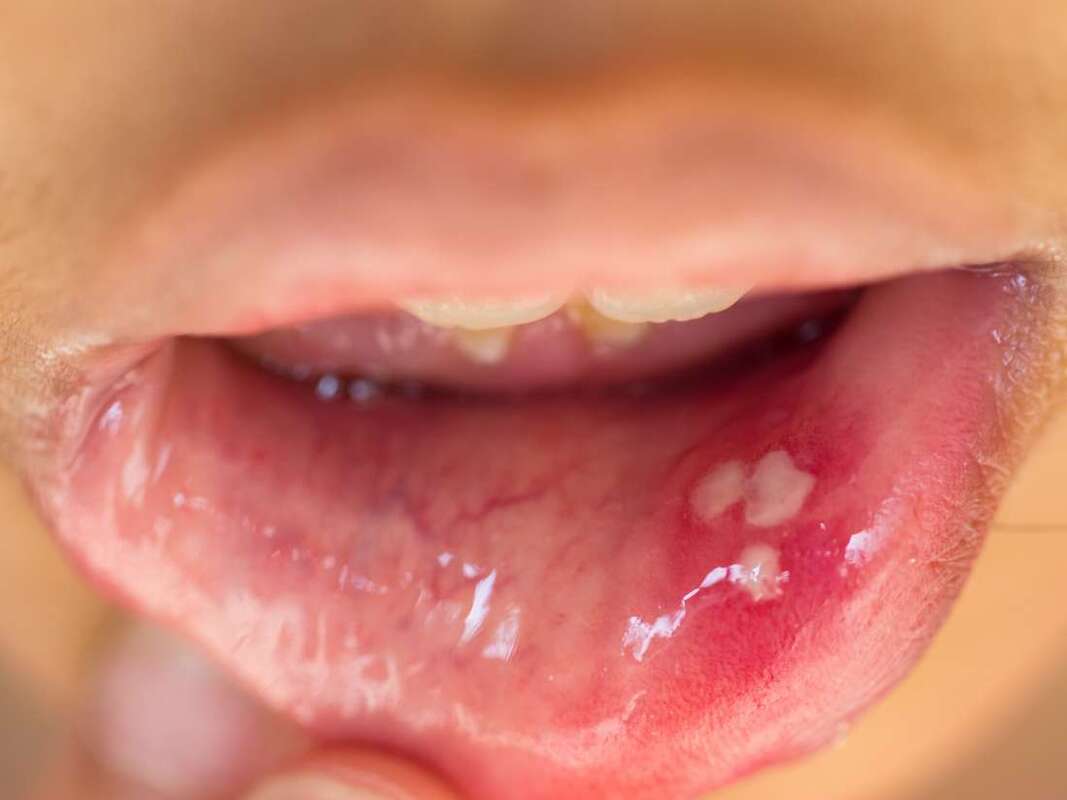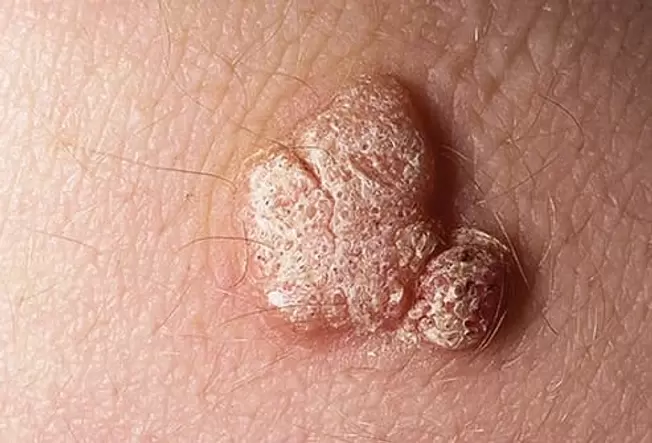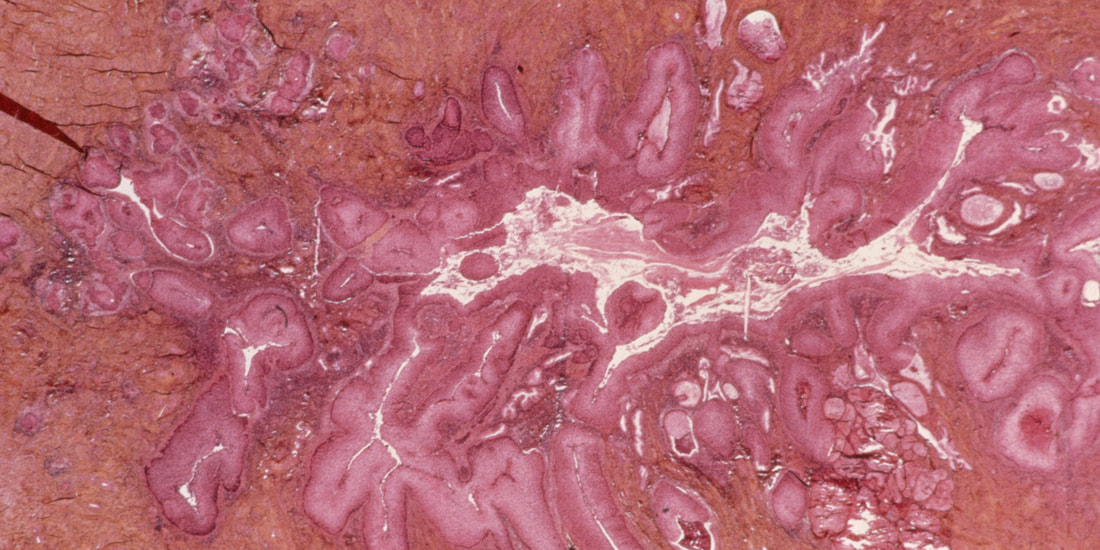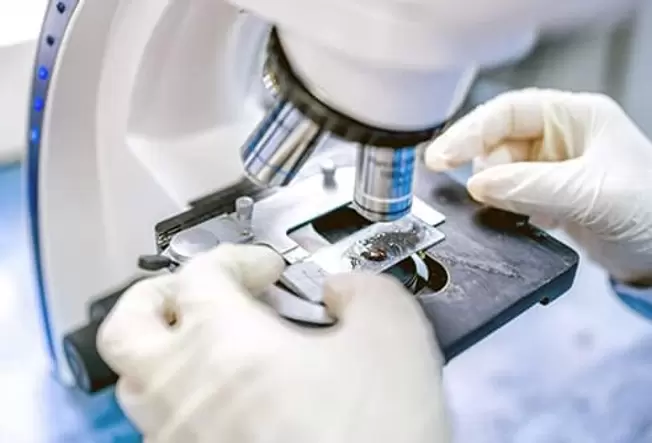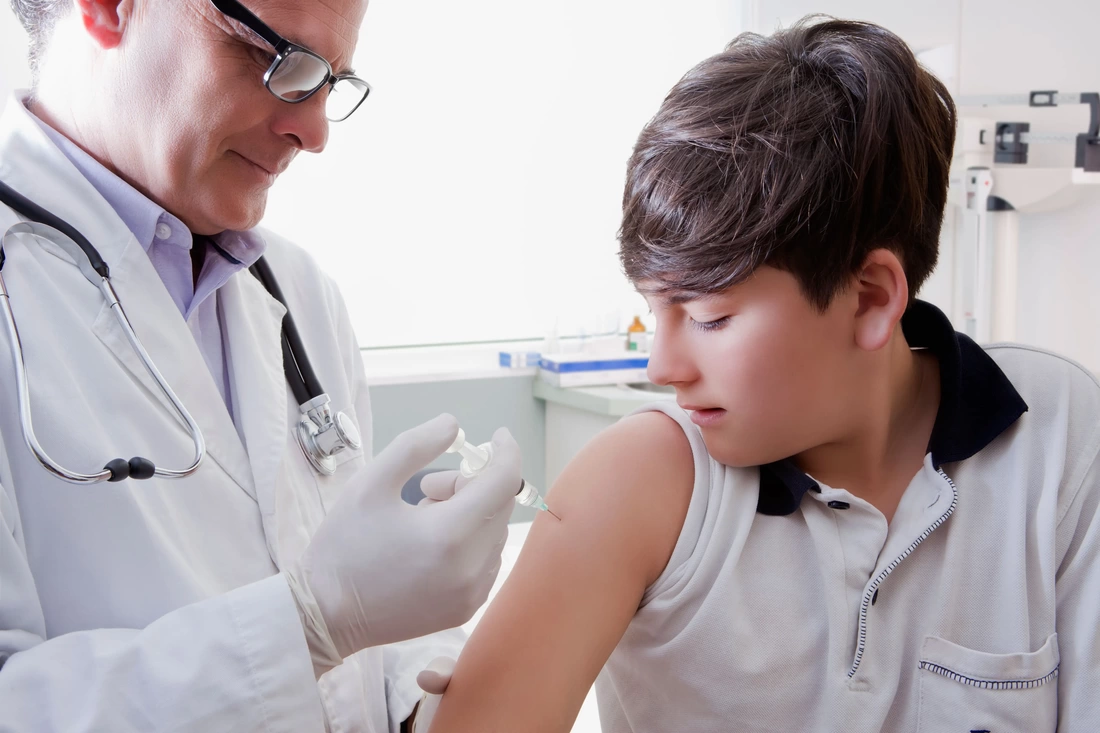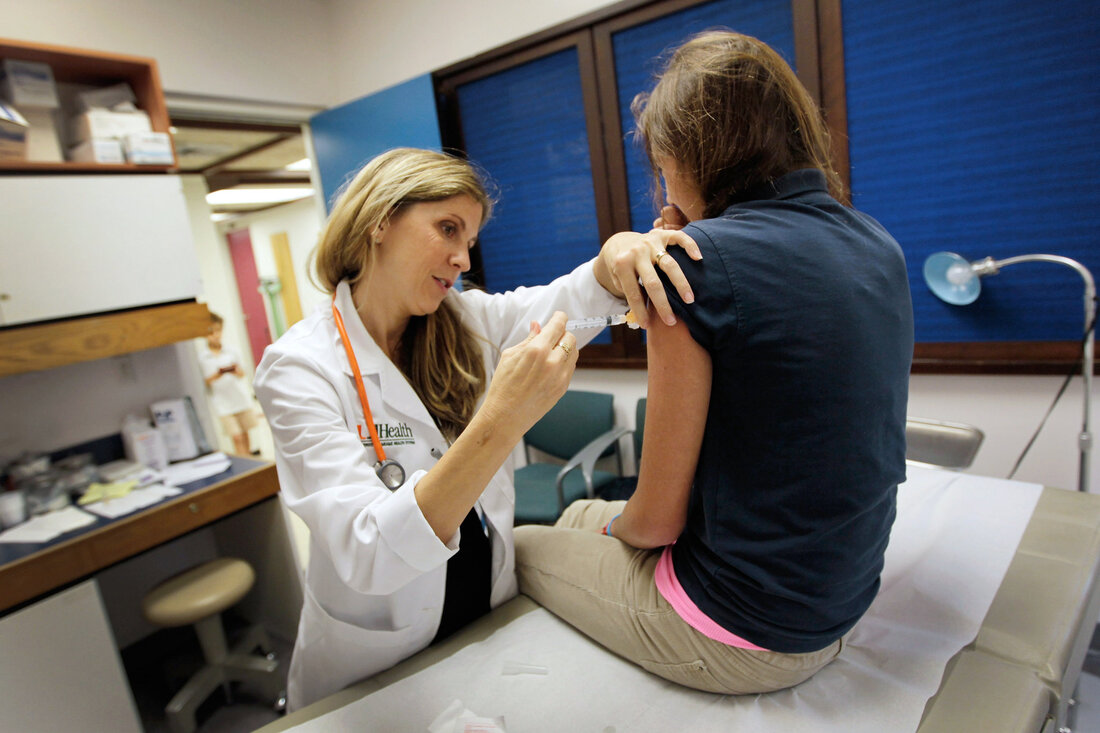STDs That Cause Cancers
Let's looks specifically at HPV
Let's looks specifically at HPV
HPV stands for human papillomavirus. It's a group of more than 150 different kinds of viruses. Some types never cause any problems, while others can lead to health issues, including certain kinds of cancer. You don't always see signs of HPV --you can have it and not know it.
HPV spreads through skin- to- skin contact. It is the most common kind of sexually transmitted infection. Almost everyone who is sexually active will have at least one type of HPV at some point. If your partner has it, you can get it even if they don't have any symptoms of it.
The most common sign of HPV are small hard sores called warts, but not everyone who has HPV gets them. They may be raised, flat or shaped like a cauliflower, and they can be different sizes. They can show up in your genital area or other places, depending on the type of virus you have. These warts often go away on their own. Over-the-counter prescription drugs can help get rid of them faster, but those can have side effects like swollen or irritated skin.
There is no cure for these kinds of infections.In most cases you never even know you had one. If HPV stays around long enough to cause a health problem, your doctor will treat that separately.
About 9 out of 10 HPV infections go away on their own in a year or two. But some of the ones that stick around can cause changes in certain cells that can lead to cancer. This can take 10 to 30 years.
Almost all cases of cervical and anal cancer are caused by HPV. It can lead to it in other genital areas as well, including the vagina, vulva, and , penis. About 70% of cases of throat cancers are caused by it, too.
Some things can make it more likely to get cancer because of HPV. These include smoking, taking birth control pills, for a long time, and not caring for your teeth. Your odds are also higher if your immune system is weak or you have chronic inflammation because of another health problem.
The only test for an HPV infection is linked to cancer of the cervix (the tissue that connects the vagina and the uterus). Doctors test for signs of the virus in cells from that area to try to find it before it causes the changes that could lead to cancer.
For women 30 or older, this is usually done as part of their annual gynecological exam.
For women 30 or older, this is usually done as part of their annual gynecological exam.
If your doctor finds that HPV has caused changes in some cells that they think could lead to cervical cancer, they might use cryosurgery to freeze the tissue that has those problem cells in it. That kills the tissue and keeps the cells from spreading or becoming cancerous. Another option is to take out the tissue. To do that, they might use a small knife called a scalpel, or a laser, or heated wire loop (this is called loop electrosurgical excision).
A vaccine can keep you from getting HPV. It's best you're vaccinated before you are sexually active so your immune system can fight it off. The CDC recommends that girls and boys get vaccinated at age 11 or 12. Older kids should het the HPV vaccine up to age 26. If you're older, already having sex, and have gotten one type of HPV, the vaccine can protect you against other types. Pregnant women shouldn't get the vaccine.
Credit : WebMD
Credit : WebMD
